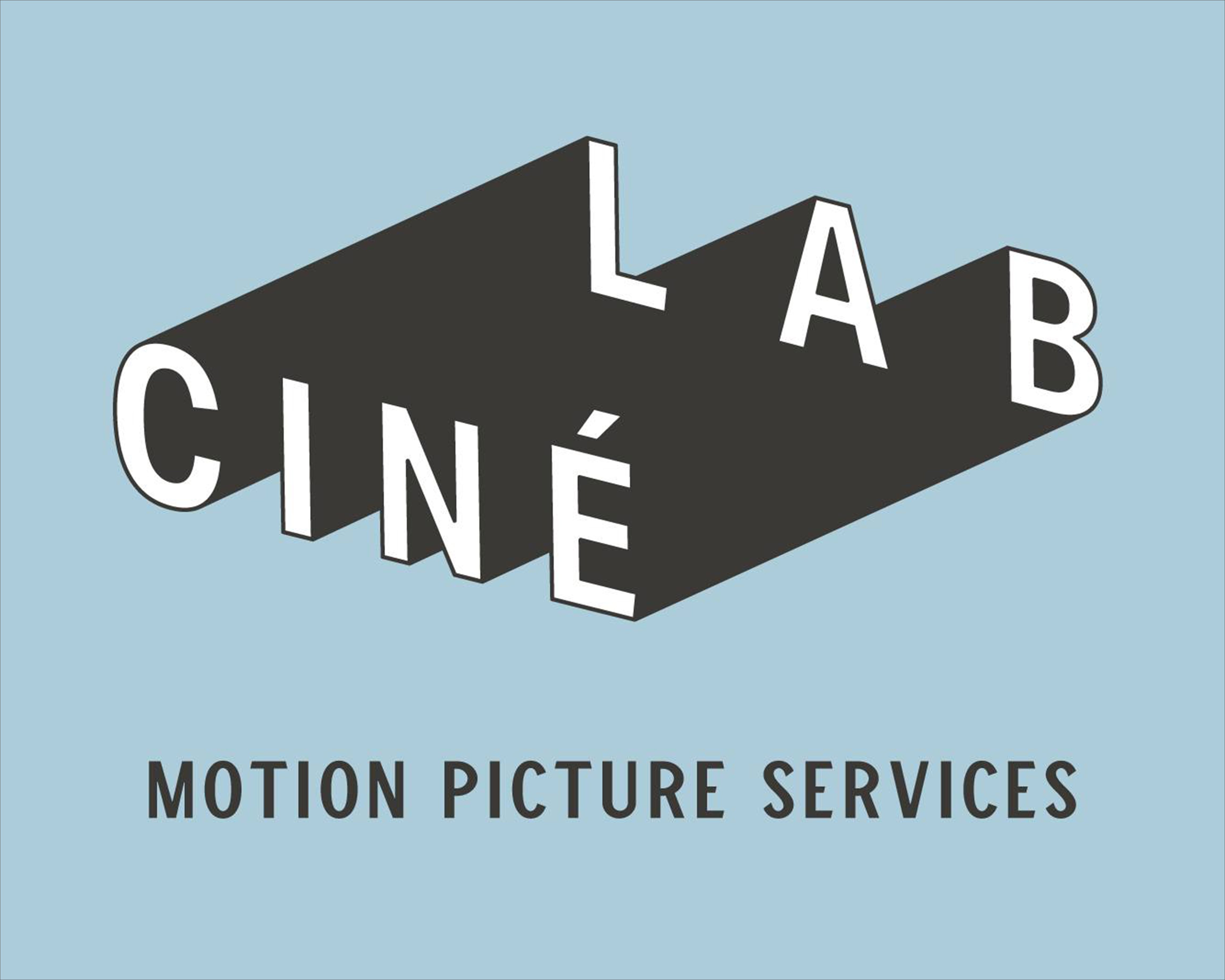It has been a while since I have been on here, and I am not too sure where to put this.
It has been a while since I've worked my last production, and recently I ended up editing a video. It was my first taste with FC X, and one thing that I realized is that it was fun and I missed it.
After that I ended up giving my old mentor a call and come to find out he retired, but we still talked. I've gone into the tech field and hate working support. (You can only say "Did you try turning it off and on again?" so many times). I've told him some of my projects that I am working on gigs I've worked.
As we were talking, my mentor suggested that I should go back into the television/ film industry, but this time I should get involved within the workflow. He suggested that I should look into becoming a DIT.
Since then, I have been looking into it and as far as I can tell, I already have the technical know how to build a cart and set up the servers, but as for the color grading... I only know how to do that to the scopes from my days in television, and even then it was just shading. The only question that I have is where should I start? I do not know of anyone that is a DIT nor do I live near LA or NY where the majority of them live. (I might be making the move to Las Vegas though)
Where would one start if he/she want to pursue this avenue?
It has been a while since I've worked my last production, and recently I ended up editing a video. It was my first taste with FC X, and one thing that I realized is that it was fun and I missed it.
After that I ended up giving my old mentor a call and come to find out he retired, but we still talked. I've gone into the tech field and hate working support. (You can only say "Did you try turning it off and on again?" so many times). I've told him some of my projects that I am working on gigs I've worked.
As we were talking, my mentor suggested that I should go back into the television/ film industry, but this time I should get involved within the workflow. He suggested that I should look into becoming a DIT.
Since then, I have been looking into it and as far as I can tell, I already have the technical know how to build a cart and set up the servers, but as for the color grading... I only know how to do that to the scopes from my days in television, and even then it was just shading. The only question that I have is where should I start? I do not know of anyone that is a DIT nor do I live near LA or NY where the majority of them live. (I might be making the move to Las Vegas though)
Where would one start if he/she want to pursue this avenue?





